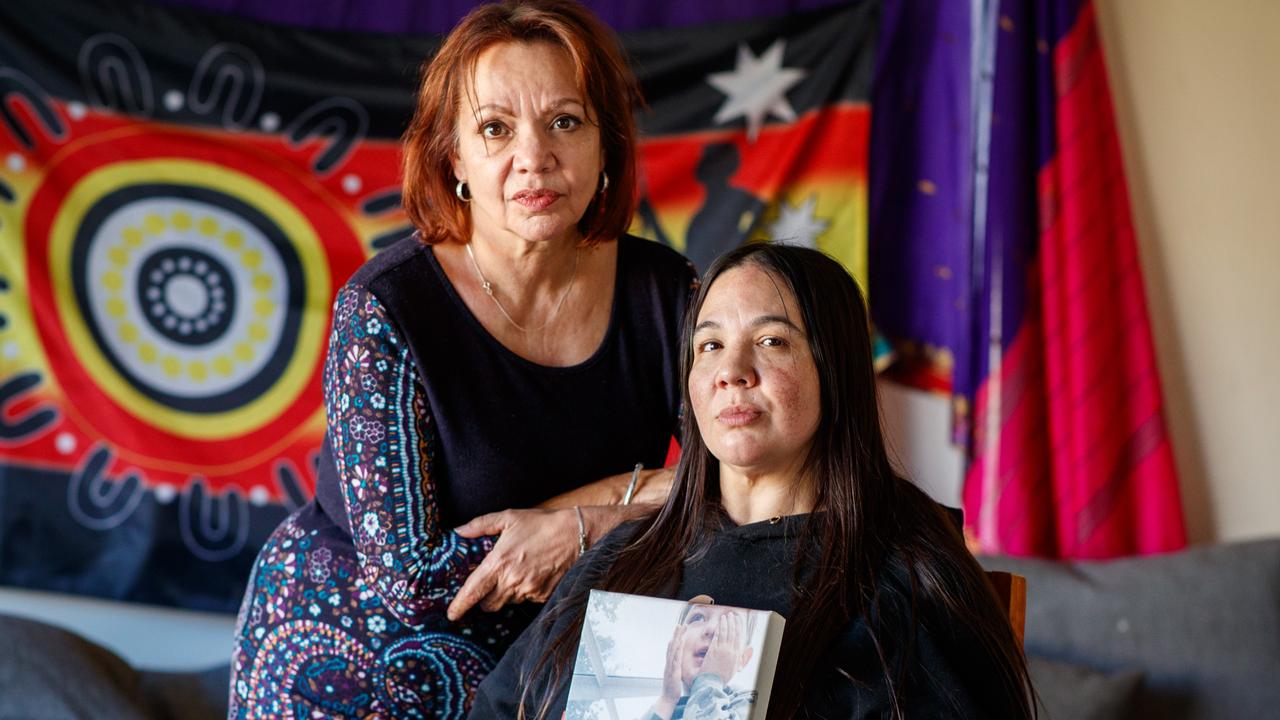Dying Rose | Police denied mum her dead daughter’s phones – then destroyed them
A grieving mother believed her daughter’s phones could unlock what really happened the night she died, but police refused to hand them over.
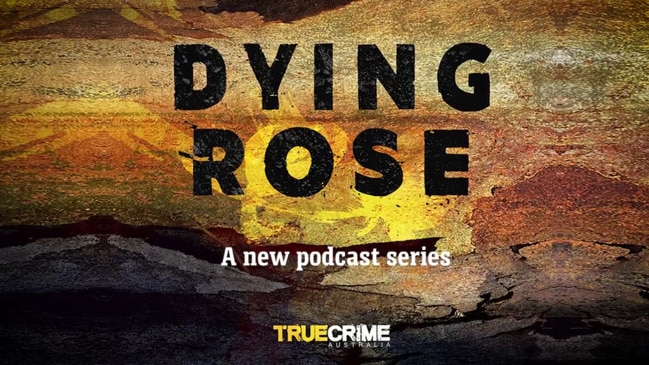
Dying Rose
Don't miss out on the headlines from Dying Rose. Followed categories will be added to My News.
Police denied a grieving mother access to her daughter’s two phones for more than 18 months after her death – and then destroyed them before she could see them.
Sue Nowland was told by police her daughter, 39-year-old Whajuk Noongar and Bibbulman woman Lyla Nettle, had taken her own life in May 2019, but she felt they had not properly investigated.
Her body was discovered by her then-boyfriend, Jason (a pseudonym), who had slept the night in a car parked metres away on the side of Port Wakefield Rd at Bolivar.
Aboriginal and Torres Strait Islander readers are advised that this story contains images and voices of people who have died.
DYING ROSE PODCAST
Listen to the podcast here, or find Dying Rose on the Apple Podcasts app
The Advertiser is examining Lyla’s death as part of Dying Rose, a podcast investigation into the deaths of six Aboriginal women.
Sue feared there was more to her daughter’s final moments than police had discovered and laid out her concerns in a series of emails to an SA Police detective, seen by The Advertiser.
She asked at least four times when she could retrieve Lyla’s two phones, which were in her possession on the night she died.
Each time, she was told they could not yet be released.
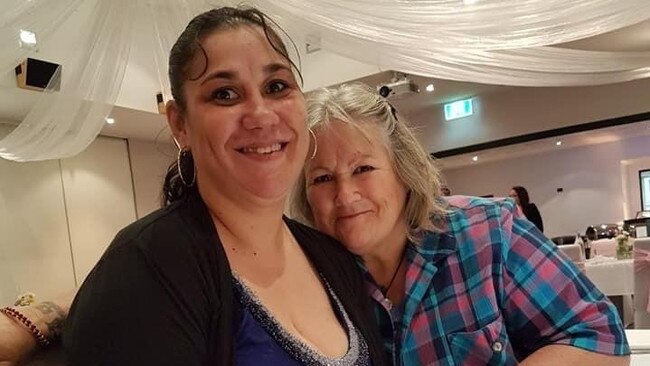
Sue said Lyla’s friend had told her that she received messages on the night of May 16 and early on the morning of May 17, including one sent around midnight asking for money.
“Her last message was, ‘It’s OK, I’m here with my man looking at the stars. I’ll go see dad tomorrow. It’s all cool’,” she said.
“That was 3.30 in the morning.”
Sue believed those phones might have held answers as to what happened to her daughter between the hours of 8pm and 8am, when her partner Jason said he was sleeping in the car.
The Advertiser has not seen those messages, but Jason denied that Lyla had returned to the car at all that night before her body was found.
“She never got in the car … I don’t know why she would say that,” he said.
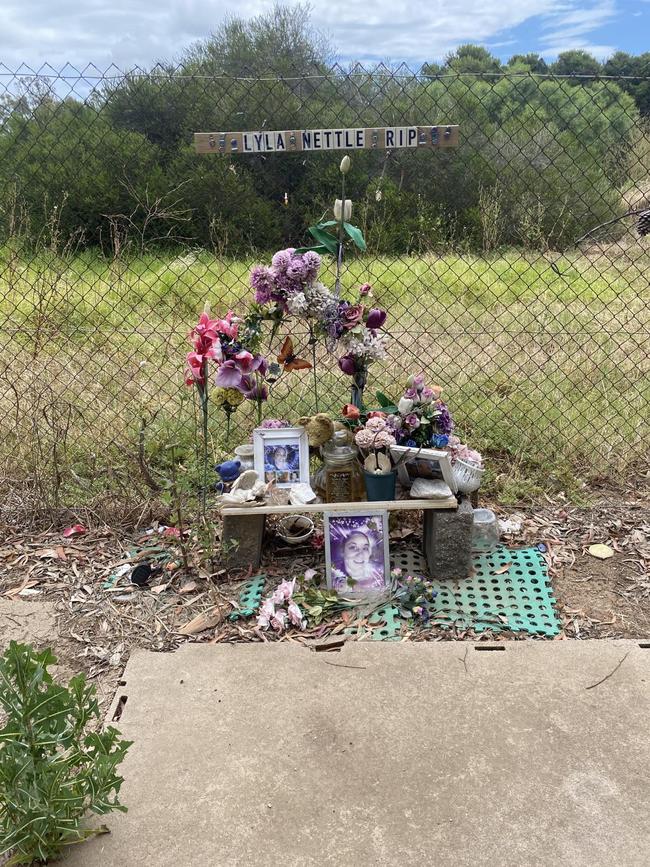
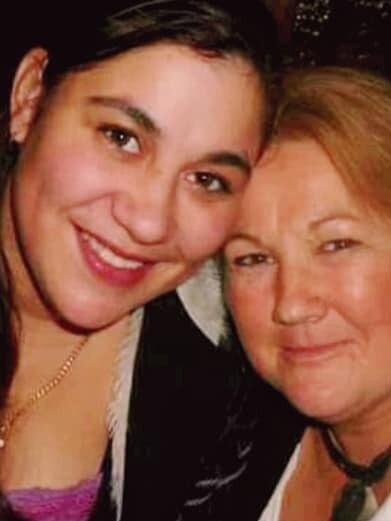
When Sue requested police release the phones in November 2020, she was told by an SA Police detective they could not be returned because the case was still open with the coroner.
However, that refusal came one week after the coroner handed down her findings on November 12 – and well after Sue had first been told Lyla’s death had been ruled a suicide.
By January 2021, Sue had become so worn down by her lengthy back-and-forth with police that she directed the detective to destroy the phones.
By that point she had spent more than a year waiting for them to be released – as well as asking questions and raising possible issues with the investigation – but felt her concerns had been ignored.
She believed, at that stage, that to continue her battle would be futile.
“Due to family (and) grief, I don’t think I want any information from them,” she wrote in an email to police on January 7, 2021.
However, police told her they would not destroy the phones yet.
The detective responded that “there is no need to make any firm decisions on them being destroyed as yet” because it would “still be a while” before the phones could be released.
In October 2022, after The Advertiser began looking into Lyla’s case, Sue inquired about the phones again, believing they were still in SA Police’s possession.
But she was told they had already been destroyed – despite her making no contact since police told her she did not need to make a decision about them.
The detective told her: “following the direction which I received from you … on the 7th January 2021 the phones and all other property held were destroyed on the 19th May 2022”.
To this day, she wonders what kind of clues they could have held.
“There would have been so much information in there and it would have had the arguments between Lyla and (Jason),” she said.
SA Police declined to respond to The Advertiser’s questions regarding the phones and a number of other issues raised by Sue regarding the investigation into Lyla’s death.
More Coverage
Originally published as Dying Rose | Police denied mum her dead daughter’s phones – then destroyed them



